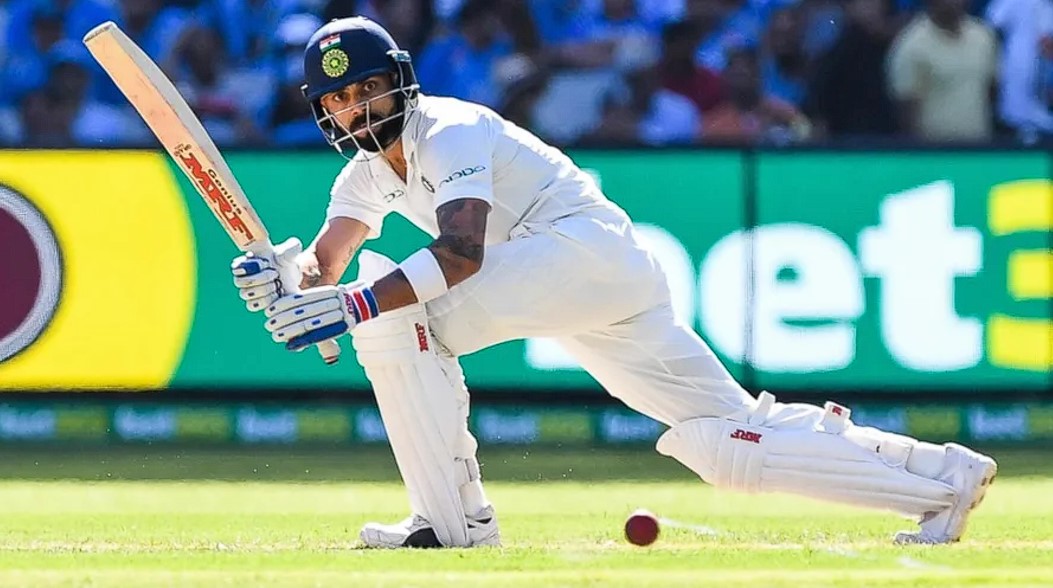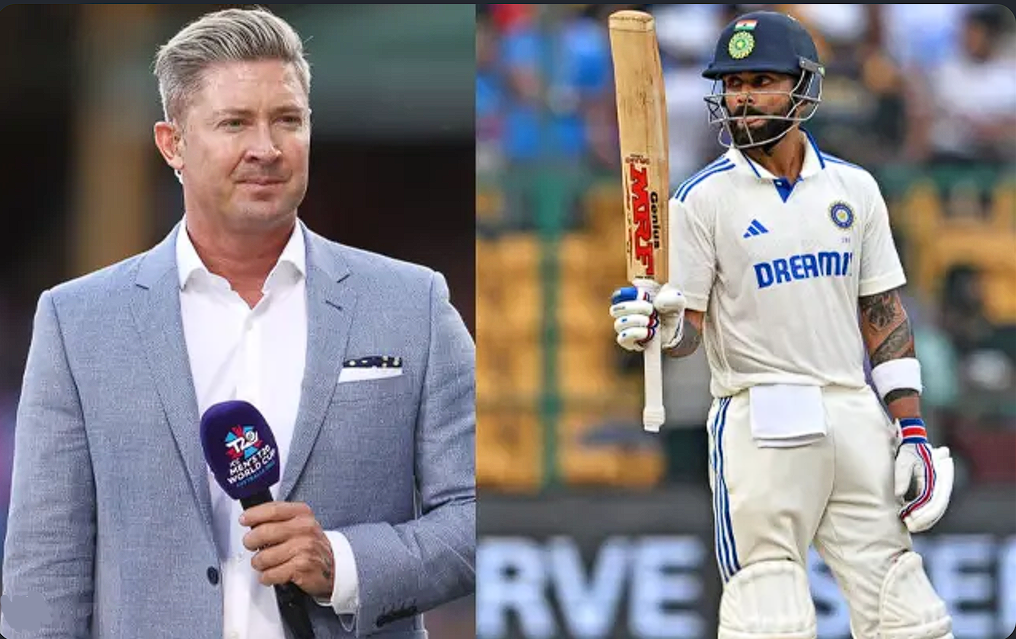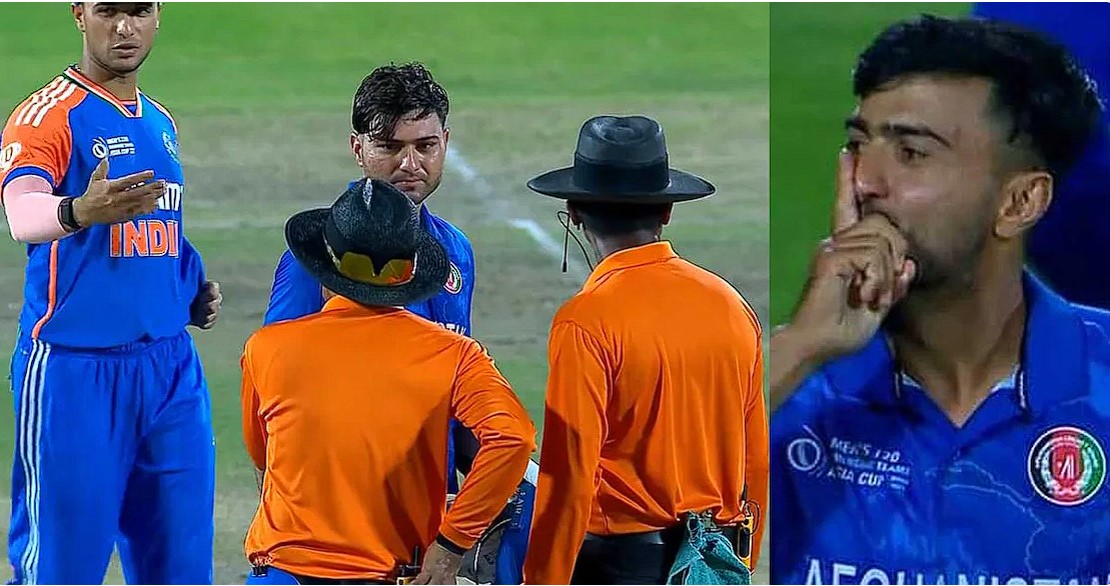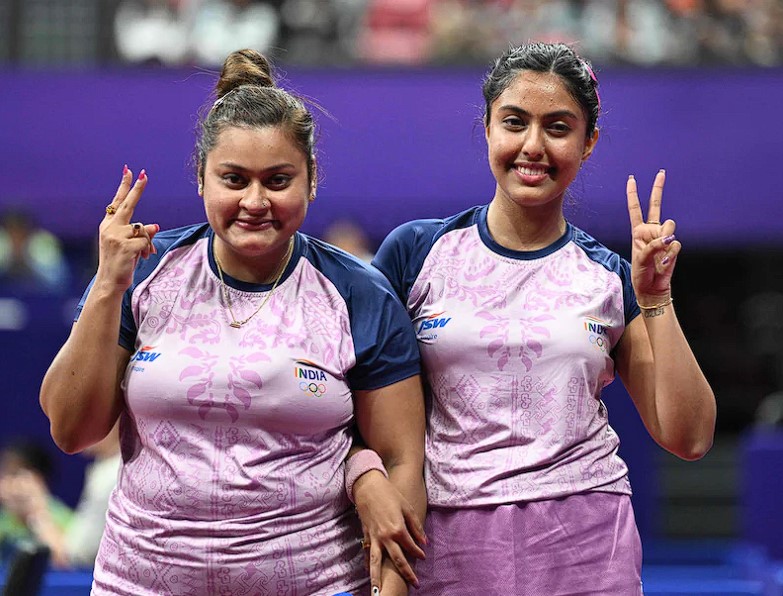Botswana Celebrates as Letsile Tebogo Makes Olympic History with Gold in Men’s 200m
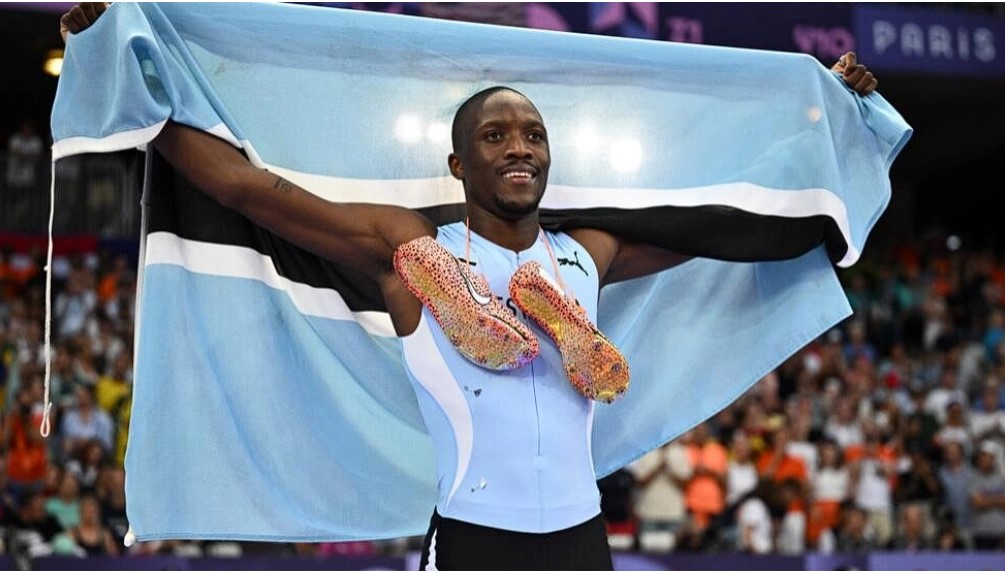
The nation of Botswana was in celebratory spirits on Tuesday as sprinter Letsile Tebogo came back home with the first-ever Olympic gold medal. Families, children, elderly supporters, and youthful fans were seen chanting slogans, holding Botswana’s flag- a beautiful sky blue, white, and black image as the Olympic triumph team landed in the country’s capital city, Gaborone.
Tens of thousands of people gathered at the small airport: schools are closed, and many companies have given employees a half-day off because of President Mokgweetsi Masisi, who wanted to please the one” that made Botswana proud.” Before extending the greetings to the athletes, Masisi danced bare on the tarmac, with an assistant holding an umbrella to protect him from the scorching sun.
Outdoors, the dancers in animal hides and beads performed at the start of an energetic greeting steeped in tribal practices. ”Tebogo has made history not only for Botswana but for all of Africa,” Masisi later told a rapturous crowd of over 20,000 people packed into the national stadium for a victory celebration.
Tebogo, aged 21 years, made history as the first African ever to win the gold in the men’s 200m as he outclassed American sensations Kenny Bednarek and Noah Lyles at the Paris meet on August 8th, clocking an African record of 19.46 seconds. His gold, in conjunction with a silver in the men’s 4X400 meters relay, pushed Botswana’s overall Olympic tally to four.

Ref. URL: https://www.france24.com/en/sport/20240809-paris-olympics-tebogo-wins-africa-its-first-olympic-200m-win-super-syd-shatters-world-record
“I beseech you to bless him and the other athletes with any gifts you have,” Masisi exhorted the enthusiastic audience. Earlier, the sports minister said that Tebogo would be given two houses because of his achievement, while the rest of the relay squad that clinched the medal would be given one house each.
It was a moment that brought happiness to the heart of this history-maker as she said to the audience in the stadium, “This is a joyous moment.” ”I would like to thank the nation for supporting me. I suffered a lot,” he said, referencing the mother who died in May, which he has cited as his source of motivation. Later on in the 200m final, he flexed his muscles for the camera and held up his spikes, which had his dead mother’s birth date on them, which was a marvelous moment.
Besides the half-holiday earlier declared to facilitate celebrations on August 9th, Masisi gave the nation of 2.3 million people another festive afternoon in honor of the athletes. This is the second time that an African athlete won an Olympic medal in the men’s 200m race after Namibia’s Frankie Fredericks, who had won a silver medal in the year 1996.
Botswana appeared in the Olympic medal for the first time in 2012 when Nijel Amos won the silver in the 800m London Olympics. Their latest triumph was in the men’s 4x400m relay, where they won bronze in the Tokyo Olympics three years ago. It was, however, when Tebogo won gold in Paris that a new Olympic era began for both Botswana and the entire African continent.
This victory saw Africa’s total medal tally go up to 39 in Paris – 2 more than in Tokyo. New talents from the continent were able to secure four of the eight positions in the men’s 200m final that was won by Tebogo. Given that African runners are increasingly setting the pace in the shorter races in addition to their traditional dominance in long-distance races, the Olympics may be breaching the dawn of a new era where African talent competes with the best – and wins.








